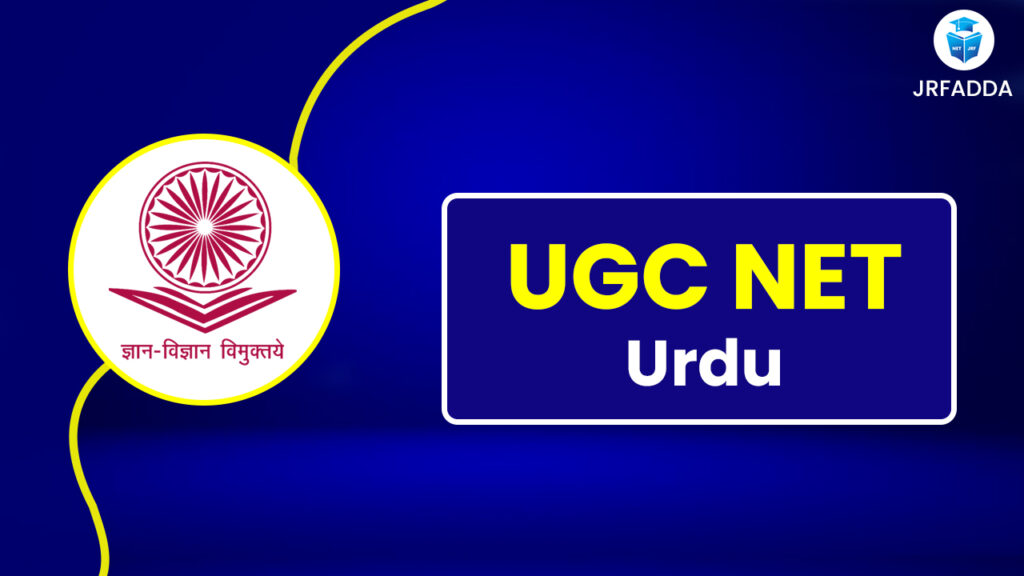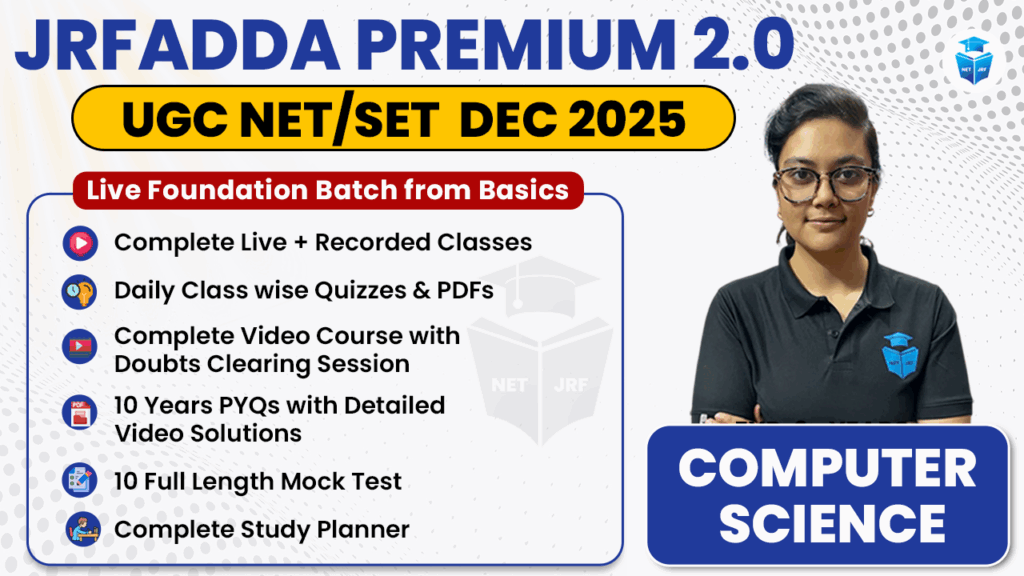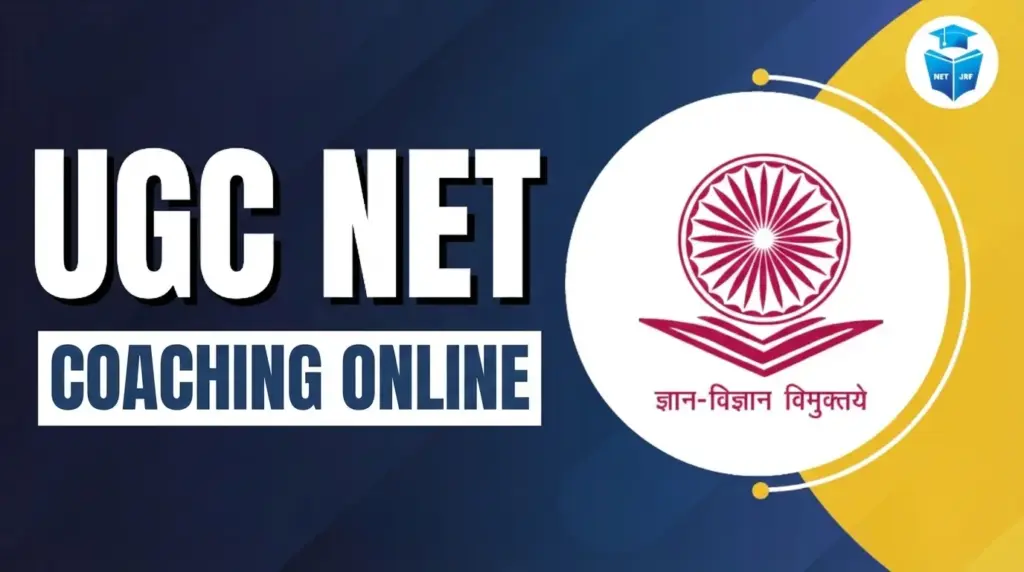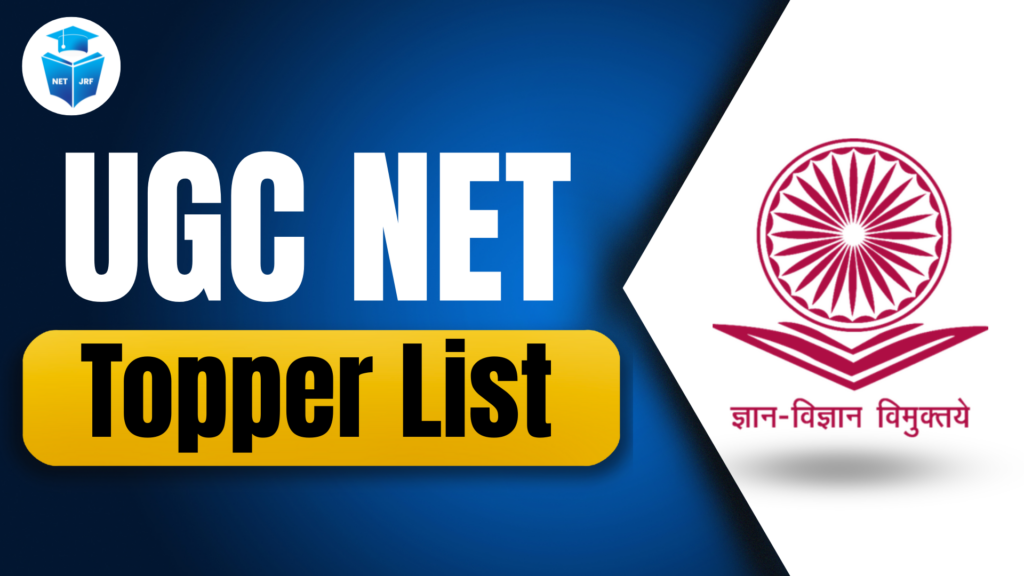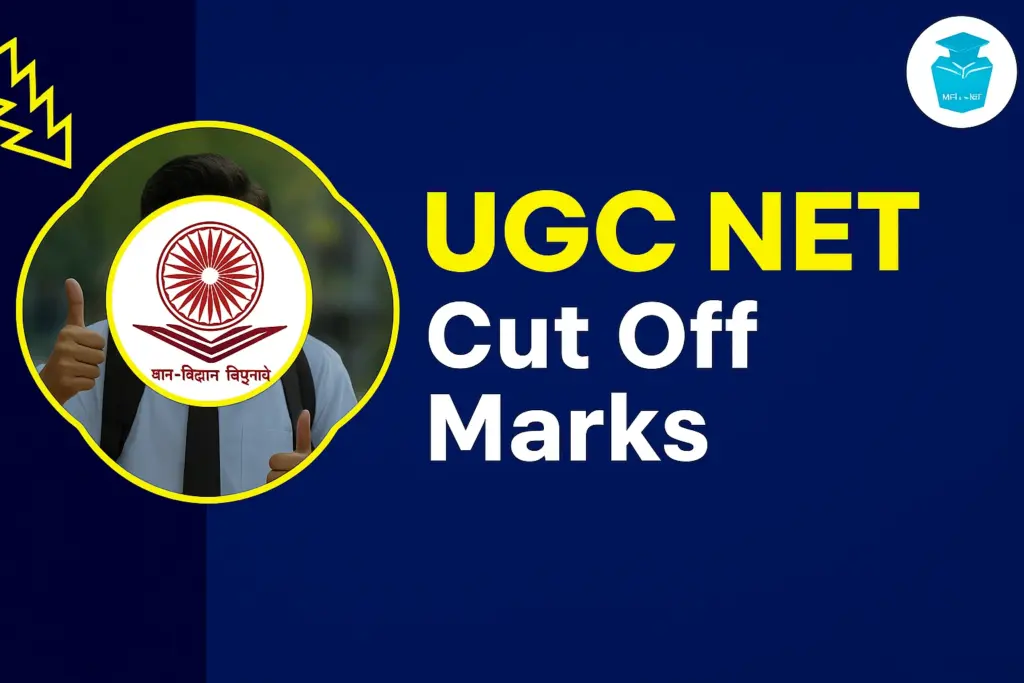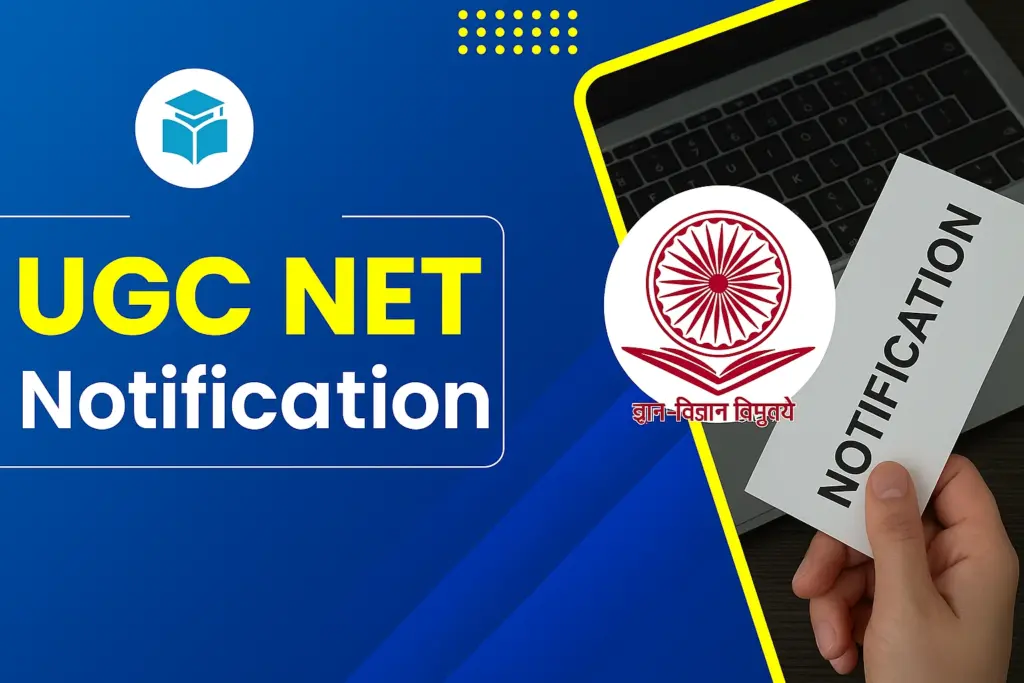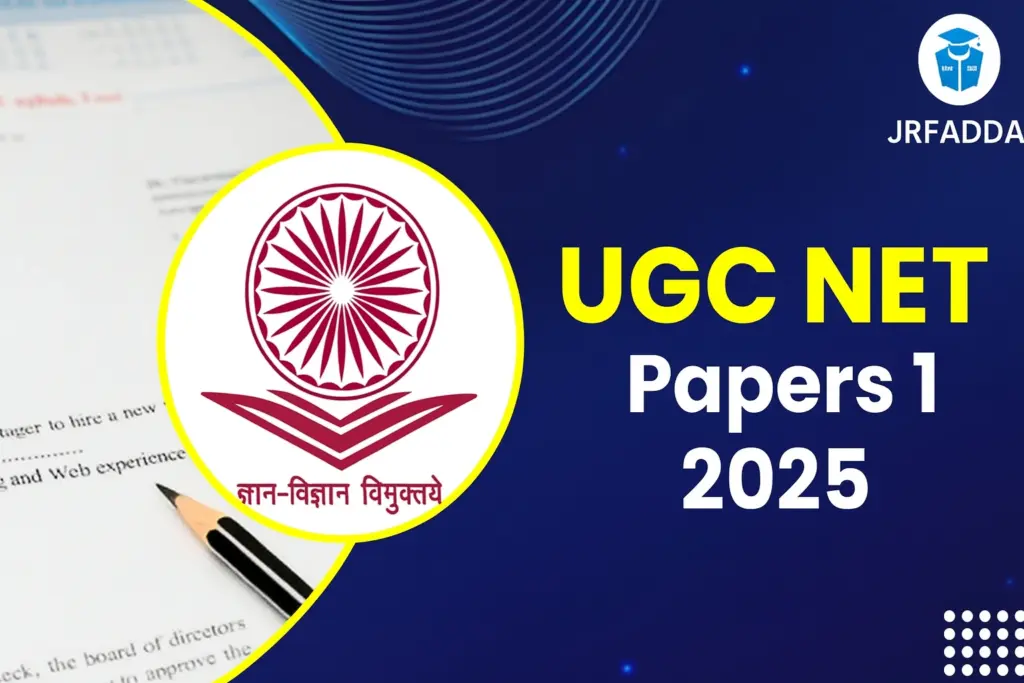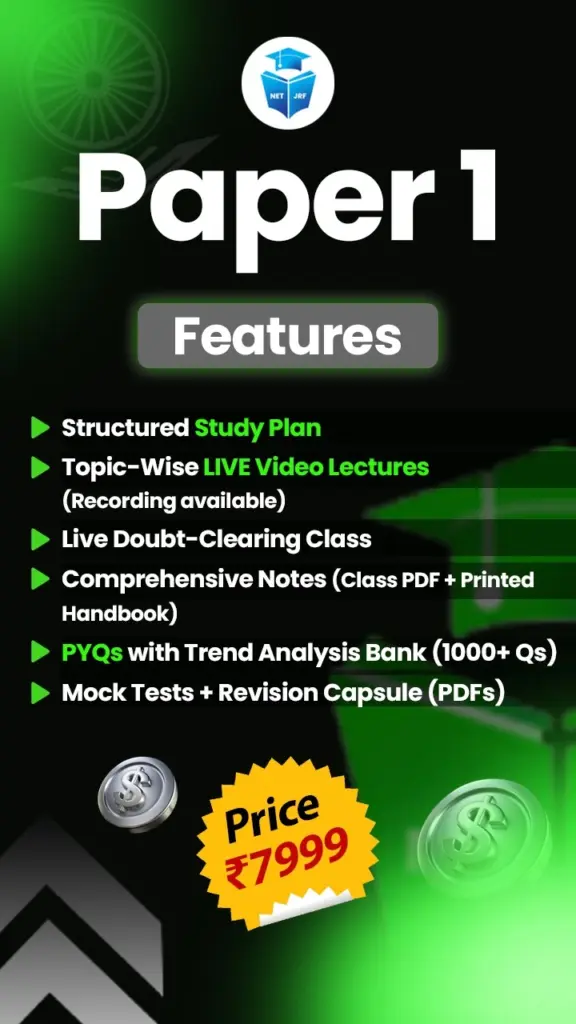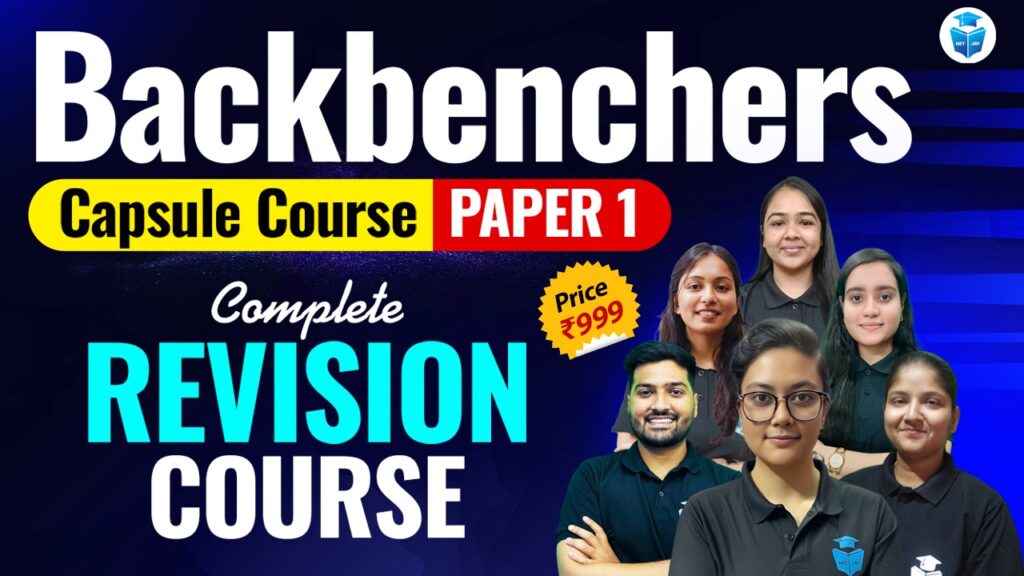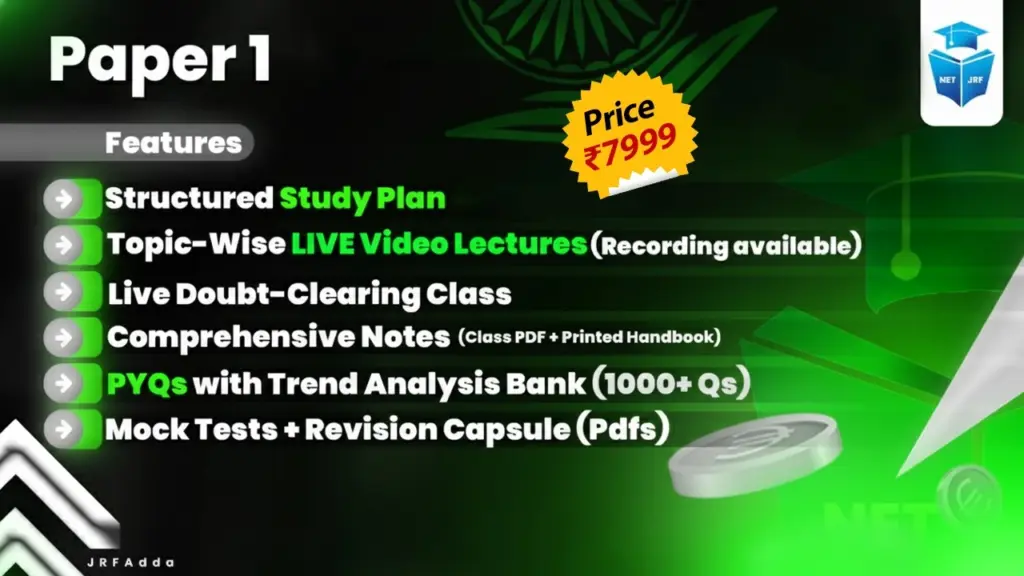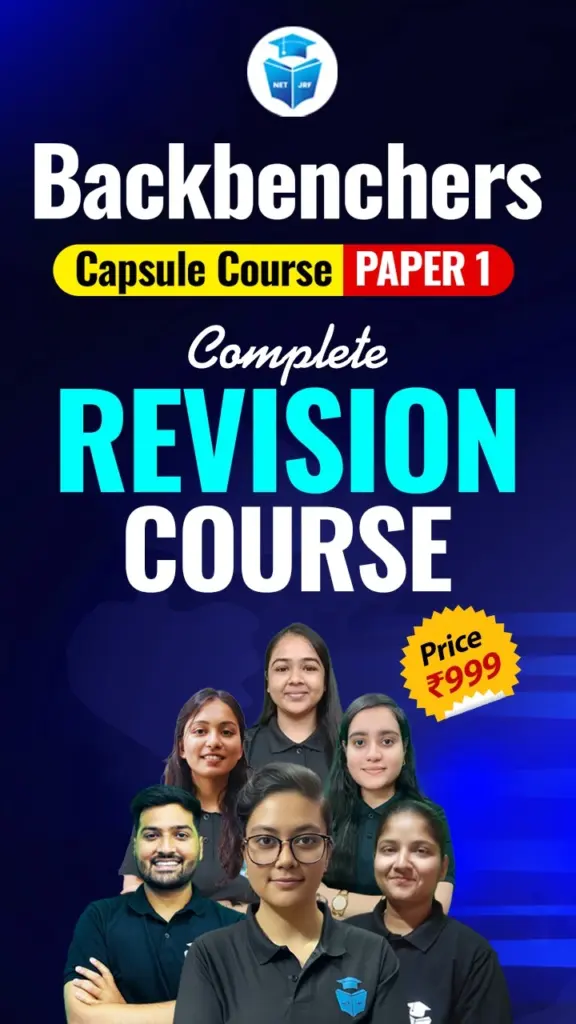UGC NET Urdu 2025 (December Session) is a national-level examination successfully conducted on 2 January 2026 in Shift 1 by the National Testing Agency (NTA) to determine eligibility for Assistant Professor posts and the award of Junior Research Fellowship (JRF) in the subject of Urdu. Aspirants preparing for this competitive exam must have a clear understanding of the exam pattern, detailed syllabus, and the importance of practicing previous year question papers to enhance their chances of success.
Also Read: UGC NET Exam 2026
UGC NET Urdu 2025 Exam Overview
The UGC NET Urdu 2025 is a national-level exam conducted by the National Testing Agency (NTA) to determine eligibility for Assistant Professor and the award of Junior Research Fellowship (JRF) in the subject of Urdu.This highly competitive exam is conducted online in Computer-Based Test (CBT) mode, ensuring a secure and efficient testing environment.
| Feature | Details |
| Exam Name | UGC NET Urdu 2025 |
| Conducting Authority | National Testing Agency (NTA) |
| Posts | Assistant Professor & Junior Research Fellowship (JRF) |
| Exam Level | National |
| UGC NET Urdu Exam Date 2025 | 2 January 2026, Shift 1 |
| Exam Mode | Online (Computer-Based Test) |
| Exam Duration | 3 Hours (180 Minutes) |
| Official Website | ugcnet.nta.nic.in |
What is UGC NET Urdu 2025?
UGC NET Urdu 2025 is a national-level eligibility examination conducted by the National Testing Agency (NTA) for individuals aspiring to become Assistant Professors or to receive the Junior Research Fellowship (JRF) in the subject of Urdu. This exam evaluates candidates’ subject expertise and teaching/research aptitude, making them eligible for academic positions in Indian universities and colleges.
UGC NET Urdu 2026 Eligibility Criteria
UGC NET Urdu 2025 Eligibility Criteria the candidates must hold a Master’s degree in Urdu or a related discipline from a UGC-recognized university. The minimum required marks are 55% for General and 50%OBC/SC/ST/PwD/Transgender categories.
Educational Qualification
- Must have a Master’s degree in Urdu or a related field (e.g., Urdu Literature, Linguistics, Comparative Literature) from a UGC-recognized university.
- General Category: Minimum 55% aggregate
- OBC/SC/ST/PwD/Transgender: Minimum 50% aggregate
Age Limit
- JRF: Maximum 30 years (Relaxation for reserved categories)
- Assistant Professor: No upper age limit
Nationality
- Must be an Indian citizen.
Also Read: UGC NET Eligibility Criteria 2025
UGC NET Urdu 2025 Exam Pattern
The UGC NET Urdu 2025 Exam Pattern consists of two papers conducted in a single session of 3 hours. Paper I tests General Aptitude (Teaching & Research) with 50 questions for 100 marks. Paper II focuses on Urdu subject-specific topics with 100 questions for 200 marks.
| Paper | Subject | Number of Questions | Marks | Duration |
| Paper I | General Aptitude (Teaching & Research Aptitude) | 50 | 100 | |
| Paper II | Urdu Subject-specific topics | 100 | 200 | 3 Hours (Combined) |
Also Read: UGC NET Exam Pattern 2025 For Paper 1 & 2
UGC NET Urdu 2026 Syllabus PDF Download
The UGC NET Urdu 2026 syllabus includes a comprehensive coverage of topics from classical and modern literature to grammar, linguistics, criticism, and comparative studies.
| UGC NET Urdu 2026 Syllabus PDF Link | |
|---|---|
| UGC NET Urdu 2026 Syllabus PDF | Download PDF |
UGC NET Urdu 2026 Syllabus
The UGC NET Urdu 2026 syllabus is designed to test candidates’ in-depth knowledge of Urdu language, literature, grammar, criticism, and comparative studies.
Classical and Modern Urdu Poetry
- Classical Poets
- Mir Taqi Mir, Mirza Ghalib, Sauda, Mir Dard
- Characteristics of classical ghazal and qasida
- Themes of love, mysticism, and philosophy
- Modern Poets
- Allama Iqbal, Faiz Ahmad Faiz, Josh Malihabadi, Firaq Gorakhpuri
- Progressive poetry, romanticism, revolutionary thoughts
- Poetic Forms
- Ghazal, Nazm, Masnavi, Rubai, Qasida, Marsiya
- Stylistic & Thematic Evolution
- From classical to contemporary styles
- Influence of Western thought and nationalism
Urdu Prose
- Fiction
- Evolution of Urdu novel and short story
- Notable fiction writers: Premchand, Qurratulain Hyder, Ismat Chughtai, Saadat Hasan Manto, Rajinder Singh Bedi
- Non-Fiction
- Development of essays, memoirs, biographies, and travelogues
- Authors like Sir Syed Ahmad Khan, Abul Kalam Azad, Patras Bukhari
- Genres Covered
- Satire, humor, realism, social critique
Grammar and Linguistics
- Grammar Topics
- Morphology (structure of words), Syntax (sentence structure), Phonetics (sounds of speech)
- Linguistics
- Language acquisition, dialects, semantics
- Lexical borrowing and code-mixing
- Phonological and morphological changes in Urdu
- Linguistic Structure
- Sentence types, verb conjugation, tenses, parts of speech
History of Urdu Language
- Origin Theories
- Evolution from Hindavi, Dakhini, Rekhta
- Development Stages
- Dakhini to Delhi school transition
- Growth during Mughal and British periods
- Influences
- Persian, Arabic, Turkish vocabulary
- Interaction with local Indian languages (Hindi, Punjabi)
- Modern Era
- Urdu post-partition and its socio-political aspects
Literary Movements
- Delhi School & Lucknow School
- Features, representatives, stylistic differences
- Progressive Writers’ Movement (PWM)
- Ideological foundation, leading authors, key themes
- Modernism & Postmodernism
- Concepts and impact on Urdu literature
- Literary experiments and narrative techniques
Prominent Writers and Critics
- Major Writers
- Ghalib, Sir Syed Ahmad Khan, Shibli Nomani, Iqbal, Krishan Chander, Manto, Ismat Chughtai
- Critics and Thinkers
- Nazeer Ahmad, Hali, Ehtesham Hussain, Ale Ahmad Suroor
- Contribution Analysis
- Their literary philosophy, style, influence
Drama and Theatre
- History of Urdu Drama
- From classical to modern drama
- Evolution through Parsi theatre to modern stage plays
- Notable Playwrights
- Agha Hashar Kashmiri, Imtiaz Ali Taj, Ghulam Abbas
- Themes and Techniques
- Social, political, and historical themes
- Use of dialogue, characterization, dramatic tension
Literary Criticism
- Eastern Theories
- Urdu, Arabic, Persian aesthetics
- Poetics of Meer, Ghalib, Iqbal
- Western Theories
- Classicism, Romanticism, Realism, Marxism, Structuralism, Post-structuralism
- Criticism Trends in Urdu
- Evolution and comparative analysis
- Important Urdu critics and their contributions
Comparative Literature
- Cross-literary Analysis
- Urdu literature in comparison with Persian, Hindi, and English
- Thematic & Stylistic Comparisons
- Love, revolution, identity, nationalism, gender
- Influences and Adaptations
- Persian ghazal influence, adaptation of Western literary forms
- Translation works and their impact
Also Read: UGC NET Syllabus 2026 PDF Download
UGC NET Urdu Previous Year Papers PDF
Solving UGC NET Urdu previous year papers is essential to understand the exam format and assess your preparation level.
| Exam Name | Year | Download PDF |
| UGC NET Urdu (June) | 2025 | Download PDF |
| UGC NET Urdu | 2024 | Download PDF |
| UGC NET Urdu | 2023 | Download PDF |
| UGC NET Urdu | 2022 | Download PDF |
| UGC NET Urdu | 2021 | Download PDF |
| UGC NET Urdu | 2020 | Download PDF |
Also Read: UGC NET Previous Question Papers, Last 5 Years’ PDF
Conclusion
The UGC NET Urdu 2025 (December Session) exam has been successfully conducted on 2 January 2026 in Shift 1, offering a significant opportunity for aspirants seeking careers in academia as Assistant Professors or Junior Research Fellows (JRF) in Urdu. With a well-defined exam pattern and a comprehensive syllabus covering classical and modern Urdu literature, linguistics, and literary criticism, along with access to previous year question papers, candidates have robust resources for effective preparation. Success in this competitive exam depends on strategic planning, consistent practice, and a strong grasp of Urdu literary and linguistic traditions.
UGC NET Urdu 2025 FAQs
What is the eligibility criteria for UGC NET Urdu 2025?
To appear for the UGC NET Urdu 2025 exam, candidates must have a Master’s degree in Urdu or a related subject from a UGC-recognized university with a minimum of 55% marks for General and 50% for reserved categories. Final-year students are also eligible to apply provisionally.
What is the exam pattern of UGC NET Urdu 2025?
The UGC NET Urdu 2025 consists of two papers:
- Paper I: General Teaching and Research Aptitude – 50 questions (100 marks)
- Paper II: Urdu subject-specific – 100 questions (200 marks)
The total exam duration is 3 hours, and both papers are conducted in a single session.
How can I download the UGC NET Urdu 2025 syllabus PDF?
You can download the official UGC NET Urdu 2025 syllabus PDF from the NTA’s website at ugcnet.nta.nic.in or through trusted educational platforms offering direct syllabus links.
Are previous year question papers available for UGC NET Urdu 2025 preparation?
Yes, candidates can download previous year question papers for UGC NET Urdu 2025 from the official NTA website or educational portals. Solving them helps in understanding the exam pattern and types of questions asked.
What subjects are covered in the UGC NET Urdu 2025 syllabus?
The UGC NET Urdu 2025 syllabus includes topics like classical and modern Urdu poetry and prose, grammar, linguistics, history of Urdu language, literary criticism, drama, and comparative literature.

